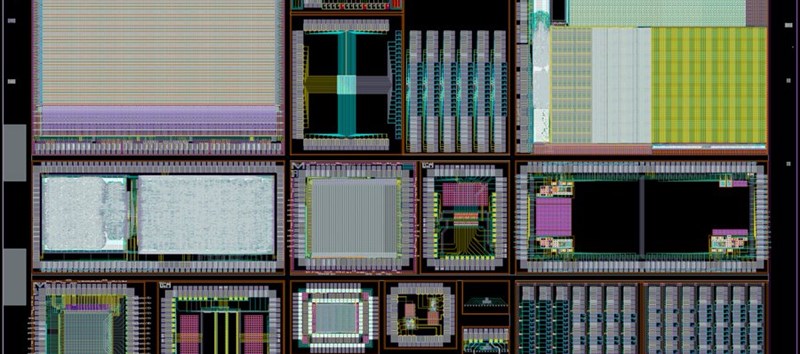TiOx-based memristors are the basic devices fabricated by our lab and have been used for many different papers and applications. They provide reliable non-volatile or volatile behaviour depending on the choice of electrodes and forming procedure. Depending on forming method volatile behaviour is still present even in formed devices. Items with (*) below indicate possibility for CMOS integration.
Process maturity: Stable
Active layer fabrication Data
|
Fabrication method: |
Magnetron sputtering |
|
Tool(s) used: |
Leybold HELIOS |
|
Main fabrication params: |
Ar:O₂ ratio and flows; temperature (assumed RT if not specified); PBS (additional plasma source) enabled. Base Ar flow: 35 sccm. 2 kW |
|
Recipe |
Ar:O₂ |
PBS |
Temp |
Comments |
|
Argon 8sccm |
4.4:1 |
Y |
25°C |
Almost stoichiometric; very high pristine resistivity |
|
Argon 7sccm |
5:1 |
Y |
25°C |
Slightly more reduced; easier forming than 8 sccm. Depending on target lifetime behaviour closer to 8 sccm |
|
Argon 8sccm |
4.4:1 |
N |
25°C |
Pristine resistance in low MΩ range. Typically used with capping layer; almost ohmic with Pt contacts |
Electrode configuration
|
Top |
Bottom |
Tool |
Comments |
|
Pt (12 nm)* |
Ti/Pt (5/12 nm) |
Evaporation |
Standard recipe. Rectifying contacts when pristine or HRS, Ohmic when formed. |
|
Pt (12 nm)* |
Ti/Au (5/30 nm) |
Evaporation |
Bidirectional volatility. Base resistance high MΩ thickness dependent |
|
Au (30 nm) |
Ti/Au (5/30 nm) |
Evaporation |
Ohmic bottom contact. Rectifying or ohmic top when HRS or LRS respectively). Volatile when pristine thickness depend. |
|
W (?? nm) |
Ti/Pt (5/12 nm) |
Sputtering / Evaporation |
In progress |
|
Pt (12 nm) |
Ti/W (5/?? nm) |
Sputtering / Evaporation |
In progress |

Measurement: Pristine I-V characteristic
Device stack: Ti/Pt/TiOx/Pt 5/12/25/12 (in nm, bottom to top)
Active layer recipe: Argon 8sccm
Comments: I-V cycling for a pristine TiOx cell. Initial resistance in the GΩ range.

Measurement: Formed I-V characteristic (non-volatile)
Device stack: Ti/Pt/TiOx/Pt 5/12/25/12 (in nm, bottom to top)
Active layer recipe: Argon 8sccm
Comments: Initial resistive range > GΩ. Formed with a sequence of 100 μs pulses ranging from 7 to 11 V






